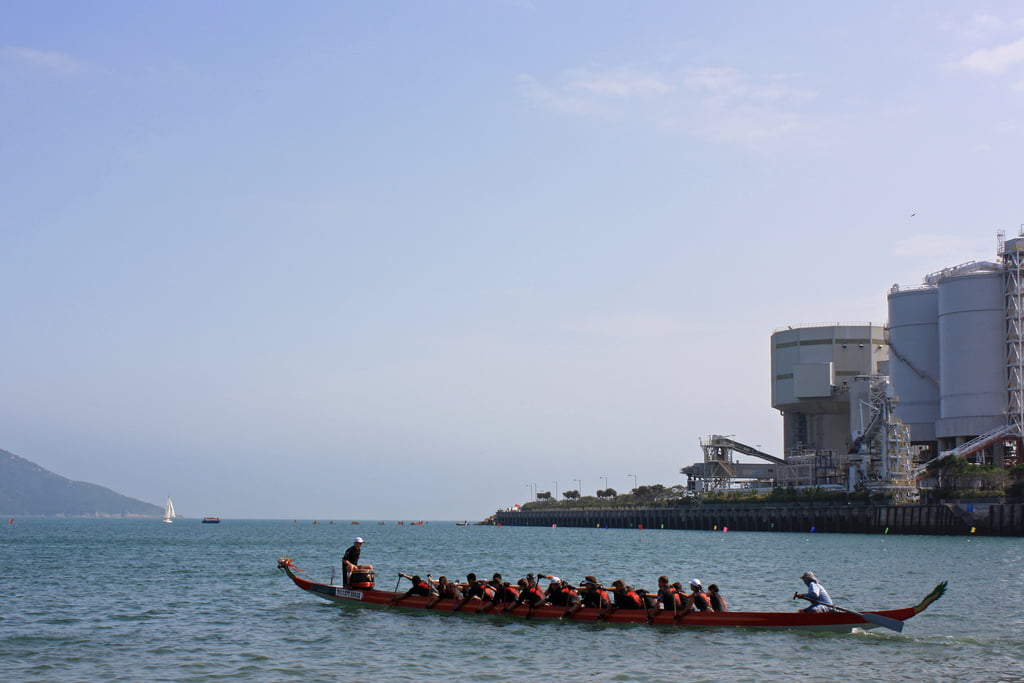Israel has been a world leader in desalination technology through companies like Tahal and IDE Technologies. IDE has already constructed more than 400 desalination plants in 40 countries, including at least 3 in Israel – the world’s largest reverse osmosis plants. Now IDE is expanding its foreign operations even more by signing a deal with China’s large Tianjin SDIC electricity company to build four additional Multi-Effect Distillation (MED) desalination units, each with a production capacity of 25,000 cubic meters of distilled water per day. The idea is to power the plants using wasted heat from other sources.
The four new Chinese plants which will convert processed steam into fresh water, will together with previously constructed desalination plants, result in a total daily capacity of 200,000 cubic meters per day making it China’s largest desalination plant complex. The desalinated water will be used both by the power plant to generate electricity as well as for drinking by residents of Tianjin, a city of more than 12 million people.
Tianjin steam process desalination plant
IDE likes to pride itself in finding environmental friendly methods of producing fresh water from the sea. The company has completed plants like one in Hadera to meet Israel’s increasing needs for fresh water while looking for greener ways to produce it.
Avahalom Felber, IDE’s CEO, said recently in regards to their desalination projects in China and other parts of Asia: “We are proud to have been selected once again by one of the world’s most advanced power plants to provide a state-of-the-art desalination solution. This ambitious project strengthens our position in the strategic China market, and in the Asia Pacific region as a whole, which has been a focus of our activities for more than two decades.”
Instead of producing fresh water via reverse osmosis processes, which many desalination plants are now doing in countries like Saudi Arabia, IDE’s Multi Effect Desalination (MED) claims to be the industry’s most cost-efficient solution for producing high-quality water by use of low cost steam.
By using advanced technologies and know-how developed over the past 45 years, the underlying MED concept involves vaporizing seawater, followed by multiple usages of energy-efficient evaporation and condensation processes.
…
To read the whole article click here
Via www.greenprophet.com
Photo By Istolethetv
Related posts

Resilient And Nutritious New Plant-Based Milk Aims To Make A Splash

Chocolate From Cultivated Cocoa Comes Without Environmental Toll

Plastic Fantastic: Startup Takes PVC Back To Its Crude Oil Roots




Facebook comments